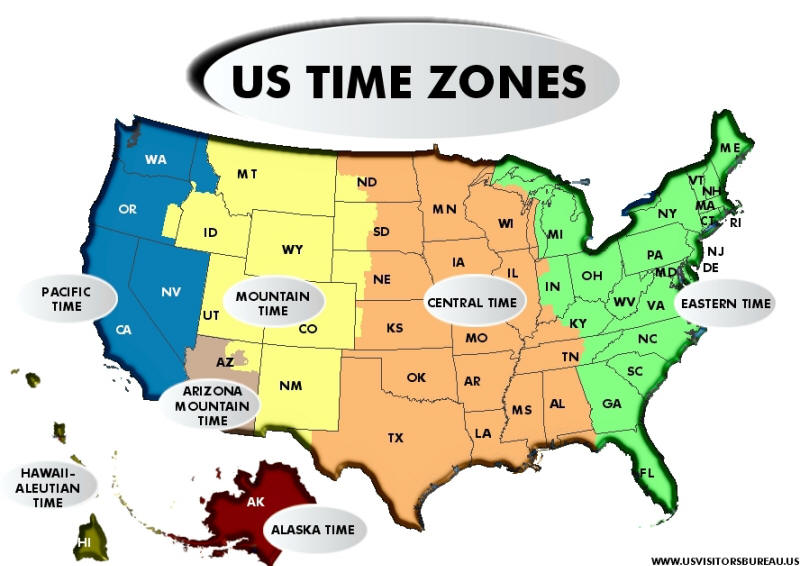

Indiana – all except for northwest ( Gary) and southwest ( Evansville) regions.Florida – peninsula and Big Bend regions east of the Apalachicola River along with portions of Gulf County south of the Intracoastal Waterway.They are:įive states are partly in the Eastern Time Zone, with the remaining portions in the Central Time Zone. and 17 states are located entirely within the Eastern Time Zone.

#Est time now code
The boundary between time zones is set forth in the Code of Federal Regulations, with the boundary between the Eastern and Central Time Zones being specifically detailed in 49 C.F.R. In Canada, daylight saving time begins and ends on the same days and at the same times as it does in the United States. EDT on the second Sunday in March, and return from 2:00 a.m. Since then, local times change at 2:00 a.m. Later, the Energy Policy Act of 2005 extended daylight saving time in the United States, beginning in 2007. The act was amended to make the first Sunday in April the beginning of daylight saving time beginning in 1987. Daylight saving time įor those in the United States, daylight saving time for the Eastern Time Zone was introduced by the Uniform Time Act of 1966, which specified that daylight saving time would run from the last Sunday of April until the last Sunday in October. A similar bill was proposed for the Canadian province of Ontario by its legislative assembly in late 2020, which would have a similar effect on the province if passed. In March 2019, the Florida Legislature passed a bill requesting authorization from Congress for year-round daylight saving time, which would effectively put Florida on Atlantic Standard Time year-round (except for west of the Apalachicola River, which would be on Eastern Standard Time year-round). Within the United States, the Eastern Time Zone is the most populous region, with nearly half of the country's population.

In 2000, Wayne County, on the Tennessee border, switched from Central to Eastern.

For example, the easternmost and northernmost counties in Kentucky were added to the zone in the 1940s, and in 1961 most of the state went Eastern. The boundaries of the Eastern Time Zone have moved westward since the Interstate Commerce Commission (ICC) took over time-zone management from railroads in 1938. Southern parts of the zone (Panama and the Caribbean) do not observe daylight saving time. On the first Sunday in November, at 2:00 a.m. On the second Sunday in March, at 2:00 a.m.


 0 kommentar(er)
0 kommentar(er)
